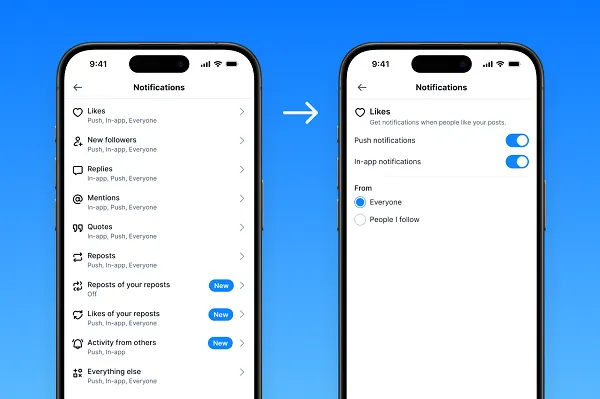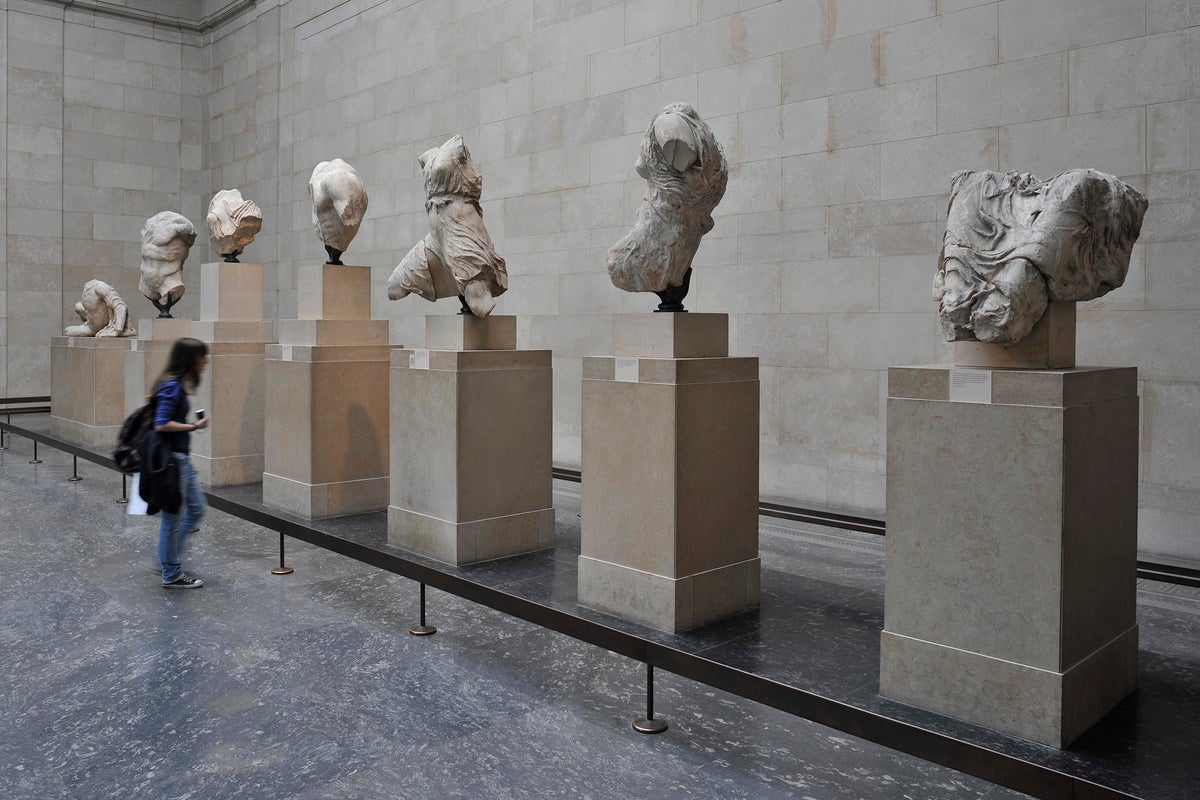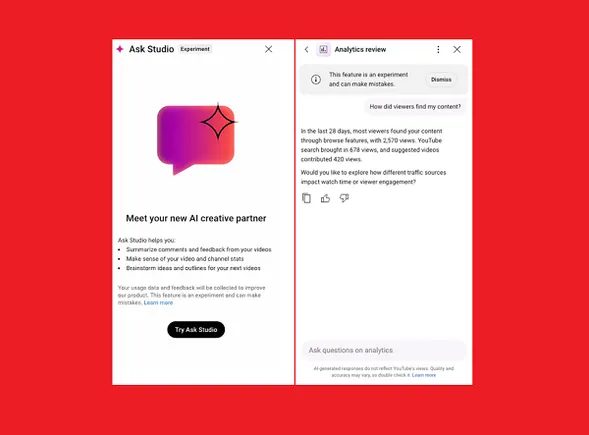Always Comparing Yourself To Others? 6 Ways To Break The Habit
Kimberly Snyder shares her go-to strategies.


September 12, 2022 — 10:36 AM
Comparison is a real killjoy. You might be bouncing along in your day, feeling pretty good, and then suddenly you see an image, hear a piece of news (or celebrity gossip), or see a post in your social media scroll…and boom! You are triggered back into an old, unwelcome-yet-pervasive pattern of comparing and contrasting your life in some way to someone or something else.
Suddenly your feelings turn from happy, joyful, and light into dark, heavy, and murky. The bounce in your step is now squashed. It’s a negative pattern for sure, and one that many of us feel stuck in. However, it doesn’t have to continue in the same intensity, though some balanced levels of social comparison are part of our normal behavior strategy as humans.
The key is to not allow comparison to dominate your day and adversely affect your moods and sense of self-worth. The way out of the cycle is to connect to a deeper place inside of you, where your intuition, unique voice, inner validation, peace, and creativity live. When you ground more and more deeply into that place, the noise of the outside world has less of an effect.
Just like breaking any pattern, repetition and replacement of a new pattern and new ways of being have to be instilled over time. There’s contention in the scientific community about how long a new habit or pattern of thinking takes to be established, but on average it might take about 66 days.
So the good news is that it is possible to make a shift, but for the first few months, you are going to have to put in some more effort to make that shift. Getting past comparison, though, is definitely something worth working towards. Here are some everyday, practical tips to get you towards this goal:
Research has found that improvising, or “creating something new on the spur of the moment,” can help break away from set patterns of thinking. Start to notice when the signs of comparison start to set in. It may feel like a sense of constriction in your gut, a tightening in your shoulders, or a hollow feeling in your heart.
The moment this sets in, start to “zoom out”, or move your attention away from the image, the idea, the trigger. Bring your focus back to your body and your energy, and take a few deep breaths. Allow your body to relax and regulate away from a perceived threat in your nervous system and break the cycle of going down the rabbit hole of comparison. Then “improvise” or focus on something different, such as something you are grateful for at that moment. This works in the moment but also as a long-term lifestyle; training yourself to shift away from limited, constricted comparison traps as often as they arise.
The great yoga guru Paramahansa Yogananda talked about “superficial flux”, meaning that we all get cause up in so much activity, including memories of the past and imaginings about the future. When we do this, we are in our heads versus being present to what is here now, and we start to wander over into what other people are doing. This can quickly devolve into comparison.
The way out is to find the grounded place of good old right here, right now, known as the present moment. The more we find a way to connect to now, the more we train ourselves to be in a more peaceful place of being and observing, and the more we loosen the grip of the ego, which tries to create safety from the futile means of separation and comparison.
Start to connect more to the stillness in daily life through meditation, and specifically through implementing a morning meditation practice as closely as possible to waking up, to set the tone of the day.
3. Remind yourself (again and again if need be!) that we are all on equal, albeit different, journeys.
Duh! You may say to yourself. I already know that. Yes, but do you actually try to experience this truth in your daily life? If not, the world, full of external imagery and marketing messages designed to get us to buy more things, will make us believe that we have to keep comparing.
To live this truth consider reading the Tao Te Ching and other ancient reflective texts focusing on the deep realization of equality that surpasses all judgment. Filling your mind with truths can help inspire you to start living them as an everyday practice.
4. Start the day with a positive affirmation.
The great yoga guru Paramahansa Yogananda’s teachings on effective affirmations advise us to best practice them after meditation, when the mind is more settled. Start with repeating the affirmation out loud, then increasingly quieter, then silently, making an effort to merge with the energy behind the words. For more information on this, refer to my book, You Are More Than You Think You Are.
One affirmation that applies here is: I am unique and beyond compare.
5. Spend a few quiet minutes a day in nature, witnessing the infinite forms.
We all need to reset our minds from the relentless deluge of imagery and conformity, which breeds comparison across society. Mother Nature is always there to help us heal. There’s much to learn from the wordless, humble yet powerful being-ness of each tree, rock, plant, and grain of sand. Just sitting, observing, and breathing for a few minutes (barefoot if possible to increase grounding benefits) will help you absorb the simple power of being who you are, not trying to be anything else.
Research finds that we are more prone to anxiousness when our gut microbiomes are off-kilter, and this imbalance can further contribute to a less sturdy, stable mindset that can therefore make us more prone to judgment and comparison.
Be sure to eat plenty of fiber-rich, seasonal whole plant foods to nourish your microbiome. Include chlorophyll-rich greens, root veggies like carrots, sweet potatoes and beets, fruit, and so on.
https://www.mindbodygreen.com/articles/how-to-stop-comparing-yourself-to-others

 Tekef
Tekef 
































